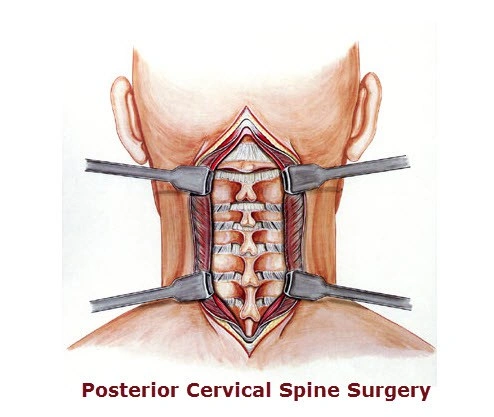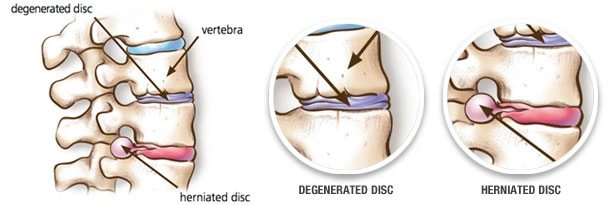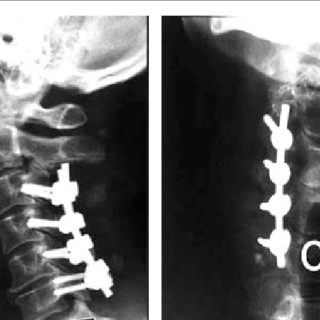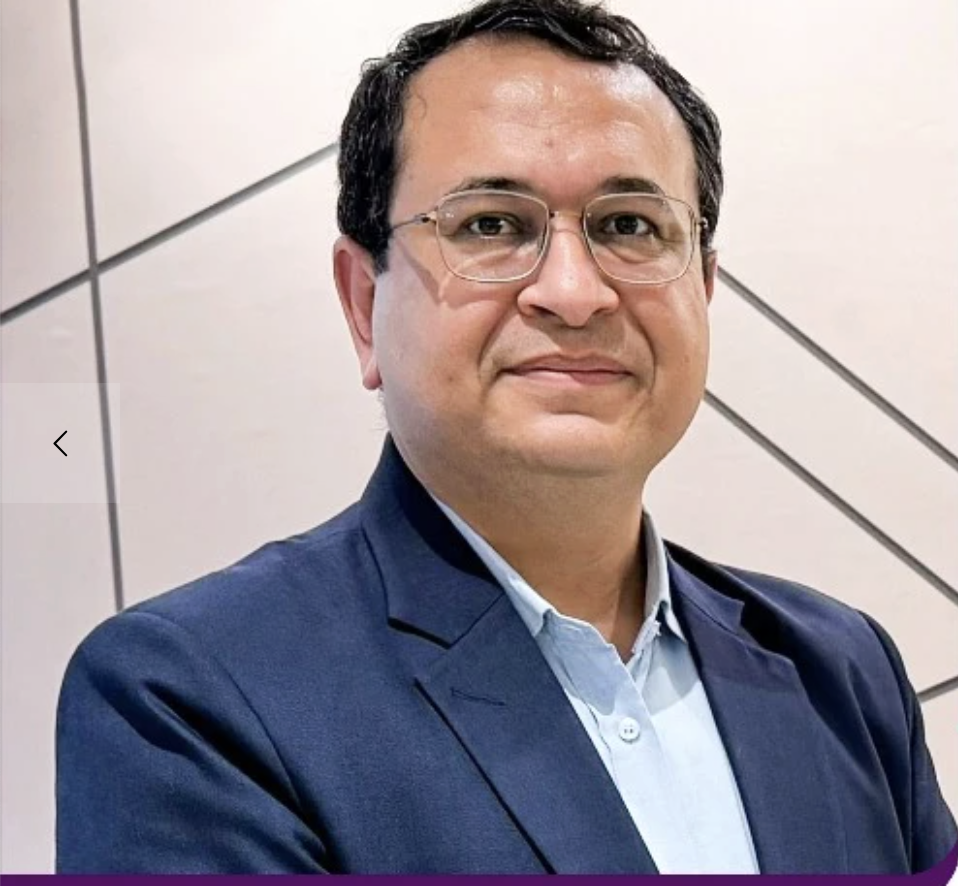Cervical Spondylosis Specialist Doctor in Gurgaon, Delhi NCR, India
Cervical Spine Surgery Clinic | Specialist Doctor
Cervical spine surgery is generally performed to treat either nerve/spinal cord impingement or spinal instability. These conditions may produce pressure on the spinal cord or on the nerves coming from the spine. It helps relieving neck pain, numbness, tingling, restore nerve function and also prevent abnormal motion in neck.

Types of Cervical Spine Surgery
- Neck is vulnerable to injuries as it is one of the most flexible part of our body. Severe injuries may cause fracture, dislocation of the cervical vertebra or damage in the spinal cord. Thus surgery can be performed to stabilize the spine. Two most common types of Cervical spine surgery are:-
- Anterior cervical discectomy and fusion (ACDF) surgery
- Posterior Cervical laminectomy and Lateral mass screw Fusion
- Surgeries for C1C2—Odontoid Screw and Transoral Odontoidectomy

ACDF: This surgery is done to remove a damaged disk in the spine, bone spurs in the neck or treat a herniated disk (slipped disk). It has a high success rate.
Procedure:-
- This surgery is performed through the front of the neck in different steps as follows:-
- Affected vertebrae, disks, or nerves are identified.
- Damaged spurs or disks are then taken out. This step is called discectomy.
- Any empty space left behind by the removed bone is then filled using bone from somewhere else in the neck (autograft), from a donor (allograft), or a synthetic compound like peek cage and Artificial Disc, Scarlet cage. This step is called bone graft fusion.
- Titanium screws and plate is attached to the two vertebrae around the area where the disk was removed.
- Organs are placed back in their usual place and cut is stitched subcuticularly.
The doctor may use a general anesthesia to help you remain unconscious. After the surgery, your heart rate, blood pressure, and breathing will be monitored. When you’re able to move normally, your doctor will assess your condition and discharge you from the hospital after a stay of 3–6 days.
Before Surgery:
- Make your blood tests, X-rays, or electrocardiogram (ECG) tests done.
- Share your medical history with your doctor.
- Quit smoking one month before your surgery.
- Stay away from alcohol a week before the surgery.
- Don’t take any nonsteroidal anti-inflammatory drugs.
After Surgery:
- Take the prescribed medications.
- Don’t lift heavy objects.
- Avoid smoking or drinking alcohol.
- Don’t move your neck much and avoid sitting for long hours in same position.
- Wear a neck brace and attend regular physical therapy sessions.
Posterior Approaches: This surgery is performed through the back of the neck to remove lamina bone in order to relieve pressure on the spinal cord and alleviate neck pain.
Injuries or age-related degeneration of the neck bones, may cause pressure on the spinal cord or nerve root leading to neck pain, numbness and weakness of the arms, hands and legs.

Procedure:-
- An incision in the middle of the back of the neck is made.
- Muscles are gently moved allowing the spine to be seen.
- Titanium Lateral mass screws are inserted and joined with rods.
Recovery varies from person to person depending on age and health. However, take follow-up appointments after the surgery. It is advisable to consult your doctor if you notice any side effect or discomfort.
Complications:-
Surgeries are often complicated and involve certain risks. Risks involved with cervical spine surgery are:-
- Injury to spinal cord, nerves, esophagus, carotid artery or vocal cords.
- Non-healing of the bony fusion.
- Instrumentation breakage or failure in improvement.
- Infection or bone graft site pain.
- Phlebitis in your legs, blood clots in the lungs or urinary problems.
- Rare complications include paralysis and possibility of death.
